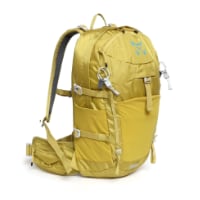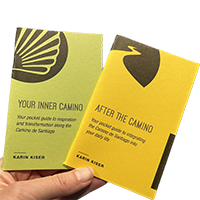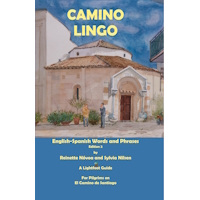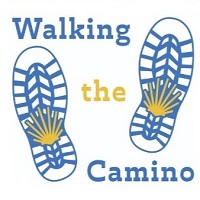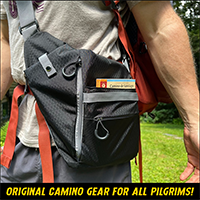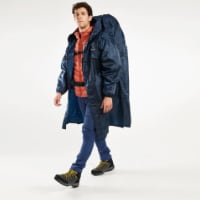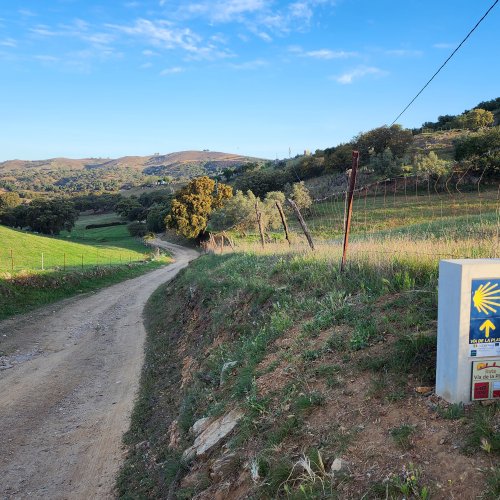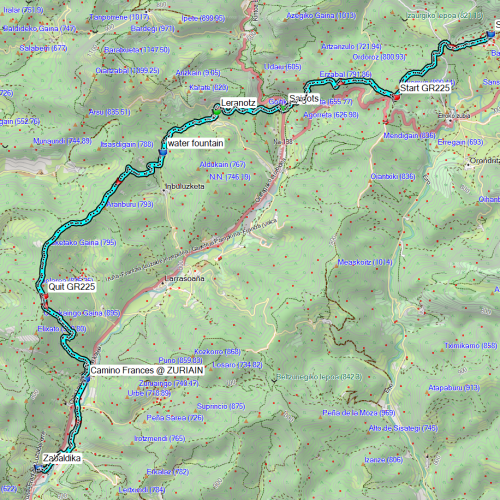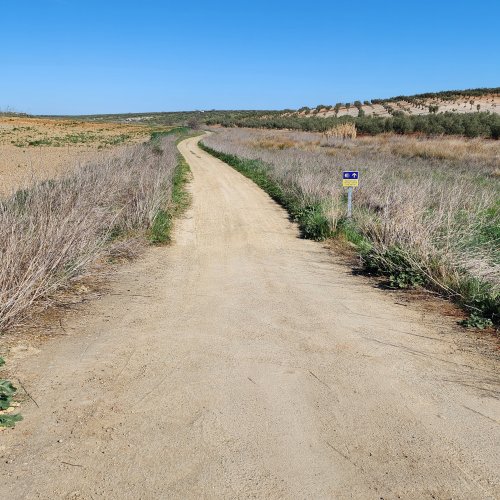D
Deleted member 36903
Guest
Although this is posted under 'Miscellaneous Camino Frances topics' it is hoped that there will be responses from pilgrims who have walked any Camino route.
Sometime - often in fact - my thoughts revisit my journey from SJPdP to SdC and, perhaps prompted by @rappahannock_rev recent posts about having walked the Aragones and not seen many pilgrims en route but being confronted by crowds of them on arriving in Puenta La Reina. A long preamble to introduce the fact that Puenta La Reina was my tipping point. I had walked alone from SJPdP to Valcarlos. Next day I started out with a woman I had met at the albergue and we walked together until Puenta La Reina, arriving on Good Friday. The town was heaving with people because of it being the holiday weekend of Semana Santa. I spent some time visiting the churches there, being made especially welcome in Iglesia de San Pedro where the local women were preparing the pasos for the processions later that evening. But the throngs of people really unsettled me and I realised that whatever I expected walking the Camino to be, this wasn't it. I had an almost a panicky compulsion to leave the town and my travelling companion; to walk alone and in silence. So I returned to the albergue, packed my things, left a note of thanks to my pilgrim friend and left town as the sun was setting with nowhere to stay and not caring whether I slept under the stars. Immediately I started to feel better. I felt at ease, at home. I have written elsewhere about how I was given shelter that night by a good Samaritan, but the flight from Puenta La Reina was my tipping point where I 'got it', and realised that companionship was not something I could cope with at that time. Other people have drawn attention to the scene in the film The Way when Tom (Martin Sheen) falls in the river, almost drowns (a symbolic second baptism?), sleeps under the stars and from then on, seems to become more 'bedded down' to what the walk is for him.
I am interested in hearing if other folk walking the Camino ever got to a point where there had to be, or was, a separation of sorts, be it emotional, social, physical (or whatever), and where you recognised that you had to readjust your attitude to walking or your previous conception of what the Camino meant for you? I acknowledge that such 'tipping points' may be cumulative rather than a one stark epiphany, but would love to hear your thoughts.
Sometime - often in fact - my thoughts revisit my journey from SJPdP to SdC and, perhaps prompted by @rappahannock_rev recent posts about having walked the Aragones and not seen many pilgrims en route but being confronted by crowds of them on arriving in Puenta La Reina. A long preamble to introduce the fact that Puenta La Reina was my tipping point. I had walked alone from SJPdP to Valcarlos. Next day I started out with a woman I had met at the albergue and we walked together until Puenta La Reina, arriving on Good Friday. The town was heaving with people because of it being the holiday weekend of Semana Santa. I spent some time visiting the churches there, being made especially welcome in Iglesia de San Pedro where the local women were preparing the pasos for the processions later that evening. But the throngs of people really unsettled me and I realised that whatever I expected walking the Camino to be, this wasn't it. I had an almost a panicky compulsion to leave the town and my travelling companion; to walk alone and in silence. So I returned to the albergue, packed my things, left a note of thanks to my pilgrim friend and left town as the sun was setting with nowhere to stay and not caring whether I slept under the stars. Immediately I started to feel better. I felt at ease, at home. I have written elsewhere about how I was given shelter that night by a good Samaritan, but the flight from Puenta La Reina was my tipping point where I 'got it', and realised that companionship was not something I could cope with at that time. Other people have drawn attention to the scene in the film The Way when Tom (Martin Sheen) falls in the river, almost drowns (a symbolic second baptism?), sleeps under the stars and from then on, seems to become more 'bedded down' to what the walk is for him.
I am interested in hearing if other folk walking the Camino ever got to a point where there had to be, or was, a separation of sorts, be it emotional, social, physical (or whatever), and where you recognised that you had to readjust your attitude to walking or your previous conception of what the Camino meant for you? I acknowledge that such 'tipping points' may be cumulative rather than a one stark epiphany, but would love to hear your thoughts.
Last edited by a moderator:



